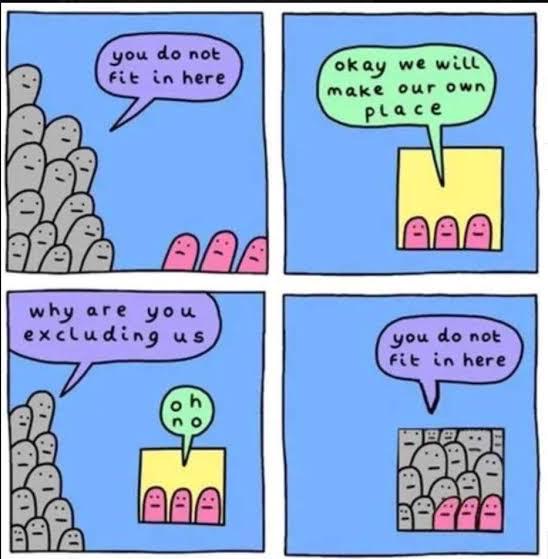The mainstream economic system, which underpins the current global mess, is facing a deep and escalating crisis. This isn’t just about isolated single issues, it’s rooted in fundamental contradictions within the path we are currently on. Understanding these dynamics helps us see why our lives are shaped by austerity, inequality and endless war, leading to the current ecological break down.
The core of the crisis is economics, capitalism is grappling with a crisis of profitability and overproduction, the extract of maximum profit has built-in limits. As industries mature, squeezing out new profits becomes harder, stagnation sets in, driving drastic measures. In overproduction, capitalism produces far more than can be profitably sold, not because people don’t need these goods, but because they can’t afford them. These contradictions are now global, leaving nowhere for capital to expand without significant upheaval. To address this, the burden is systematically offloaded onto the working class, that’s us. The austerity path they talk about and impose is making us pay for their crisis.
One way the system tries to “fix” its profitability problem is through austerity. Cutting wages, both direct wages (our pay) and indirect wages (social spending on healthcare, education, infrastructure) are slashed to divert funds into profits. This erodes social support, when the infrastructure and public goods are gutted under the guise of “fiscal responsibility.” For the capitalist class, the greedy few, every penny spent on social upkeep is a penny not turned into profit. By shifting these costs onto the working class, they temporarily prop up their system while deepening the inequality we live in.
War, restoring profit through violence, when austerity isn’t enough, capitalism turns to war. Armed conflicts serve as a means to seize resources. Wars open up new sources of raw materials and markets, essential for restarting stagnating economies, create demand when military spending boosts industry and generates profits in the short term, regardless of human cost. War isn’t about peace or democracy—it’s about economic expansion at the expense of others. The casualties are collateral damage to the pursuit of profits.
Growth doesn’t serve us, the obsession with “growth” hides that under the current mess, capitalism, growth benefits the few, not the many. While corporations grow profits, ordinary people see stagnant wages, rising costs, and dwindling quality of life. Degrowth are often dysfunctional myths, anti-growth rhetoric can target the working class, accusing them of overconsumption. In reality, the poorest consume far less than they need, while the wealthy hoard resources, this liberal thinking sometimes is not helping. What we need isn’t anti-growth, but a reorientation of “growth”, investing in the means of subsistence for all, improving quality of life, and addressing urgent global needs by pushing hard to mediate the environmental catastrophe to focus on sustainably.
Dividing us to conquer us, to maintain control, the system relies on division, racism and nationalism. These ideologies pit workers against each other, distracting from the cause of shared struggles.
Exploiting despair, with decades of deindustrialization and neglect levering entire communities in despair, creating fertile ground for reactionary politics that feed on this. By keeping us fragmented and focused on fighting among ourselves, the current #mainstreaming path ensures we don’t unite to challenge this mess.

What we need is more solidarity and system change that highlights how the contradictions are unsustainable. While the current path enriches a tiny few, it leaves billions struggling for survival and our ecology pushed out of a liveable balance, this is while producing enough resources to meet everyone’s needs. The solution isn’t austerity or war—it’s collective action to build paths that prioritize humanity over profit #KISS
To achieve this, we need to mediate the (stupid)individualistic narratives that blame “us” for systemic failures and instead embrace solidarity, demanding change and challenge. We need to focus on blaming “them”, yes, it’s daunting, and a little dangerous, but history has shown that when people organize, they can dismantle even the most entrenched systems. Let’s make that history again, please.